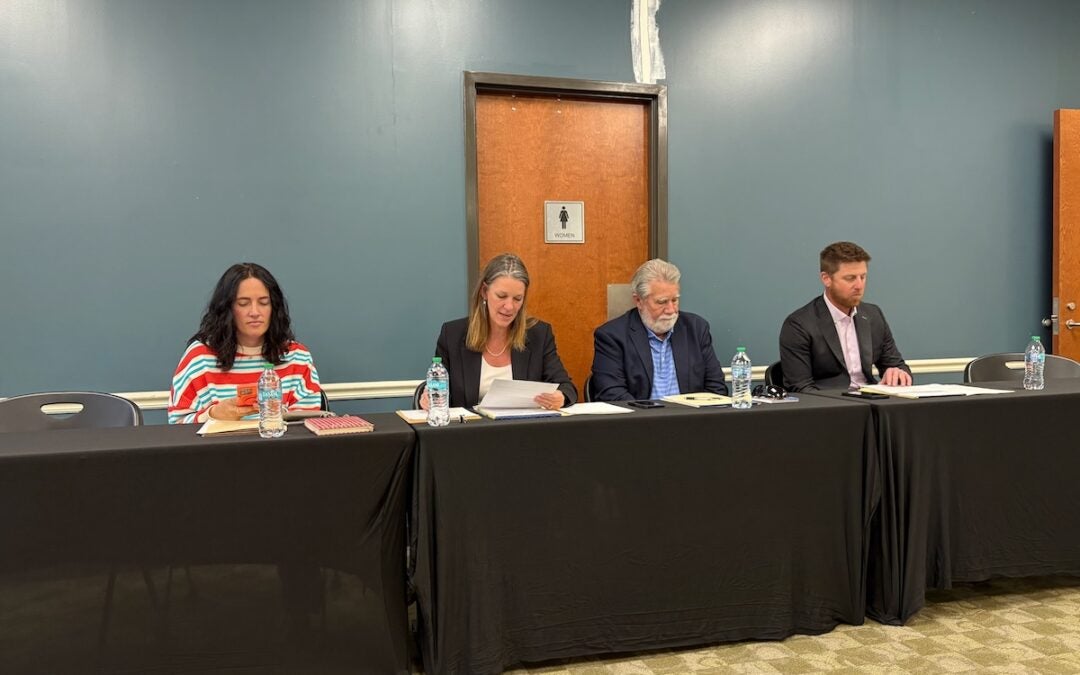by Dave Williams | Capitol Beat News Service
ATLANTA – Six state legislators from Georgia have signed onto a letter urging members of Congress to oppose a provision tucked inside President Trump’s massive budget bill that would freeze state and local regulation of artificial intelligence for 10 years.
The bipartisan letter, dated Tuesday and signed by more than 250 state lawmakers from across the nation, warns of the dangers of stopping in its tracks state-level efforts to put guardrails around rapidly growing AI technology.
“Over the past several years, states across the country have enacted AI-related laws increasing consumer transparency, setting rules for the government acquisition of new technology, protecting patients in our health-care system, and defending artists and creators,” the letter states.
“A federal moratorium on AI policy threatens to wipe out these laws and a range of legislation, impacting more than just AI development and leaving constituents across the country vulnerable to harm.”
The Georgia lawmakers who signed the letter include three Republicans – state Sen. John Albers of Roswell, and state Reps. Todd Jones of South Forsyth and Gary Richardson of Evans – and three Democrats – House Minority Whip Sam Park of Lawrenceville, House Democratic Caucus Chair Tanya Miller of Atlanta, and Rep. Scott Holcomb of Atlanta.
The U.S. House passed Trump’s bill – the cornerstone of his second-term agenda – last month by a single vote and sent it to the Senate. The huge bill contains a series of controversial spending cuts that would help fund an extension of the tax cuts Congress enacted early in the president’s first term.
But a host of provisions unrelated to tax and spending policies are inside the measure, including the freeze on state- and local-level AI regulations.
Some House Republicans – including U.S. Rep. Marjorie Taylor Greene of Rome – have said they didn’t know the AI provision was in the bill. Greene told The New York Times that she would have voted against the legislation had she known of the AI provision.
Jones, who chairs the Georgia House Technology & Infrastructure Innovation Committee, called the provision “catastrophic,” particularly given the fast pace at which AI technology is advancing.
“Ten years is untenable. There’s too many things happening,” he said. “By putting in a 10-year moratorium … we’re putting our dependence on a federal government that hasn’t been able to do anything effectively or efficiently.”
The General Assembly has been actively addressing AI issues in recent years, passing legislation in 2022 authorizing the use of autonomous service-delivery robots to deliver cargo, and passing bills this year requiring the Georgia Technology Authority to conduct annual inventories of AI use by state agencies and giving the state Department of Transportation authority over “vertiports,” which serve small aircraft capable of vertical takeoff and landing.
Legislation outlawing the creation of AI-generated “deep fakes” to spread false information or images in political campaigns cleared the House this year but died in the Senate.










